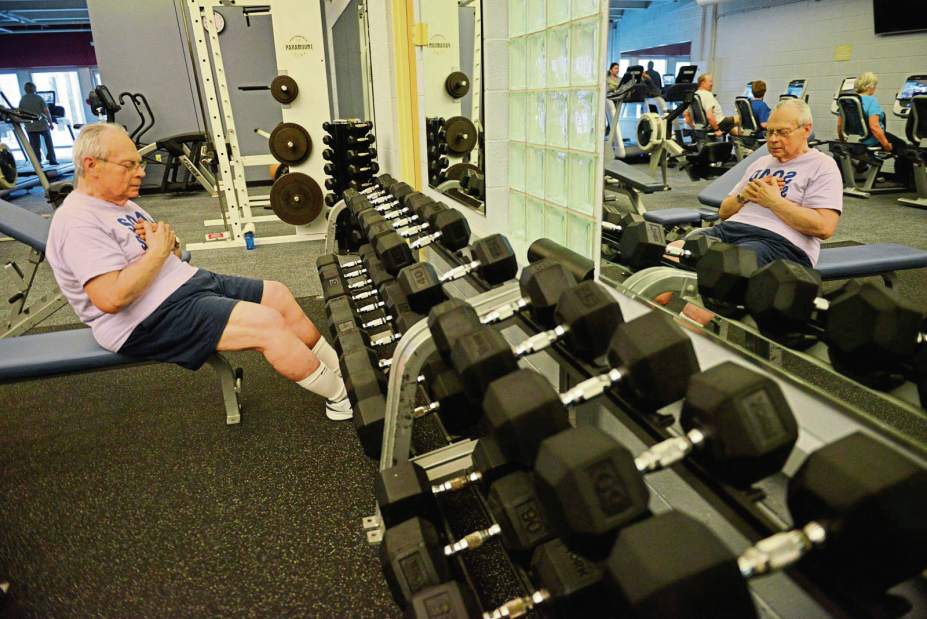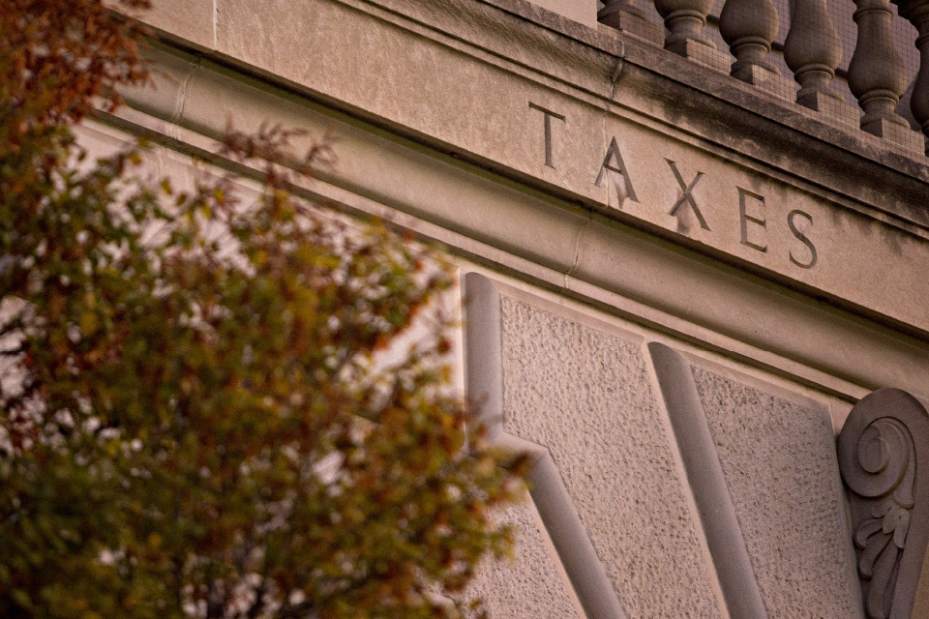You've heard how Republican vice-presidential nominee Sarah Palin is a "game changer" in this election. Indeed she is. But she's also a party changer.
Should McCain-Palin prevail on Nov. 4, she's of course the GOP's heir apparent presidential pick. And that could be as early as 2012, should John McCain opt for one term.
But should the GOP ticket lose, she's automatically a top-tier candidate for the nomination in four years. And thanks to Mrs. Palin's ascension, you'll soon see rising the national political fortunes of a whole host of folks marginalized by the Republican Party's long march to the left.
Among them -- Rep. Mike Pence, 49, of Indiana, Rep. Jeb Hensarling, 51, of Texas, and Rep. John Shadegg, 58, of Arizona. Add another Arizonan, Rep. Jeff Flake, 45, and don't forget Rep. Mary Fallin, 53, of Oklahoma. And no list would be complete without Rep. Bill Shuster, 47, in Pennsylvania's 9th Congressional District.
The Palin nomination likely will help former Rep. Pat Toomey, 46, R-Lehigh Valley, in his widely expected 2010 Pennsylvania gubernatorial bid. And also look for the Power of Palin to help shine the spotlight on others not yet in politics but considering public service. Atop that list is Glen Meakem, the FreeMarkets founder who's now a significant player in the venture-capital world.
Countless young conservatives, male and female alike, will be inspired to enter public service because of Sarah Palin. It's a bright green light for conservative Republicans at the very moment so many feared conservatism was dead.
A reader submitted a commentary last week questioning the many hypocrisies of liberals criticizing Sarah Palin.
But, "I would need to publish under a pseudonym because I teach (redacted) at Duquesne University," the contributor wrote in an e-mail. "Though not all my colleagues are liberals, it would be as much as my job ... to publish under my real name."
We don't allow pseudonyms. And, obviously, to protect the situation of this Duquesne instructor, no identity can be revealed. This instructor, however, receives high marks at RateMyProfessors.com . The teacher appears to make students work hard, forces them to actually use their brains and is considered to be fair.
So, is there really such a climate at Duquesne University that would make a professor fear for his or her position for, in a scholarly fashion, questioning liberal dogma⢠And if there is, why?
Is this what Duquesne means when, in its mission statement, it professes its "commitment to excellence in liberal" education?
A wag with whom I regularly converse regales me with a tale of a local college professor telling her students that the Trib is "right-wing" but The Toledo, Ohio, Block Bugler is "unbiased."
It's more proof of the profound liberal bias in academia. And so much for an institution of higher learning that, according to its mission statement, values "intellectual rigor."
Speaking of a lack of intellectual rigor, feminist Gloria Steinem dismissively says Sarah Palin's 2006 election as Alaska's governor is "largely" due to the fact that "the incumbent was unpopular."
And here we thought Palin won because she received more votes.
Liberals, of course , subscribe to the theory that there's a better life to be had if only Big Government can be made larger, never mind those two things are inversely proportionate.
And, of course, as liberals repeatedly prove, liberalism and intelligence are mutually exclusive. Take, for instance, a recent mailing of the Pennsylvania Democratic State Committee.
It criticizes John McCain for vowing to nominate judges who understand that courts should not be in the business of legislating from the bench.
Talk about the addlepatedness of liberalism.
Allegheny County Democrats' gloating over the striking of a voter-backed referendum to drastically reduce the 10 percent drink tax should be short-lived.
If the rule of law prevails, that is.
Jake Haulk and Eric Montarti at the Allegheny Institute for Public Policy did the homework that county Chief Executive Dan Onorato, the Democrat-controlled County Council, Solicitor Mike Wojcik and a very deferential three-judge panel sitting as county Election Board certifiers did not:
There is absolutely nothing in state law or the county home rule charter that proscribes the electorate, through referenda, from seeking to reduce, cap or eliminate council-imposed taxation.
Act 12 of 1997, which created Allegheny County's Home Rule Charter Drafting Committee, superseded the state's Home Rule Law of 1972 and details limits regarding property taxes, the Regional Asset District tax and the hotel/motel tax.
"Those limitations were included in the charter, which was then approved by the electorate," Messrs. Haulk and Montarti write in a new white paper. "Thus, the voters have already been given the power to limit (the) council's tax rate-setting authority."
Furthermore, "If (the) council is limited in its ability to set tax rates by (Act 12 of 1997), how can it also be unconstrained as provided for in the previously existing home rule language as argued by the solicitor and the election board?"
There's a simple answer -- it can't be .
If this is a matter of ignorance of the law by our elected and appointed officials, it's outrageous. If it's not, call in the prosecutors.
On Thursday, Friends Against Counterproductive Taxation (FACT) filed a Common Pleas Court appeal of this tawdry little exercise in politics masquerading as the rule of law. ACE Onorato -- who considers the 45,000 people who signed petitions seeking the drink tax-reduction referendum to be some kind of dirty "special interest" -- is hoping to run out the clock.
But justice demands that the law clock, hard, these contemporary highwaymen and restore a critical check-and-balance power to those whence our "leaders" claim their warrant to govern.
In case they've forgotten -- and, obviously, they have -- that would be the people .







